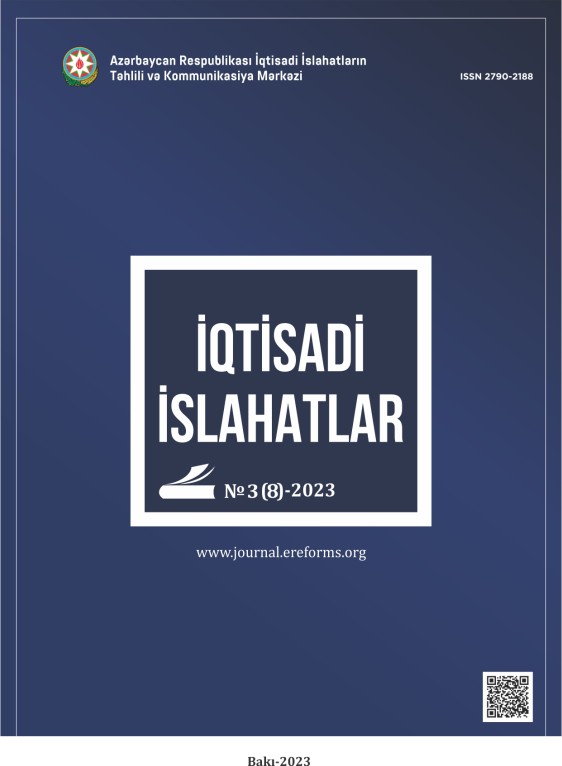Total quality management: descriptive analysis on Sudanese organisation on crisis management preparedness
Summary
Organizations that have a crisis plan in place are seen to be better able to anticipate, recognize, manage, and respond to problems. A quantitative research method was used to administer a survey questionnaire in order to collect data for the purpose of assessing the level of preparedness among Sudanese companies. The survey received responses from 100 individuals who work for different companies. The participants' demographics were based on their age, gender, degree of education, employment, and marital status and work period. A two-sample t-test was performed to check for relationship between variable 1, Our organisation has a clearly defined crisis management plan in place strongly disagree and variable 2, there is a written crisis management plan in place, up to date and circulated and accepted by all stakeholders. There was a positive correlation between the two variables, (M = 25, V = 724) and (M = 25, V = 790) t (0) = 2.353363435, p = 0.5. We can infer from this outcome that the organizations haven't taken any steps to be prepared for a last-minute disaster. We think highly successful businesses are typically crisis-ready, indicating that there may be a direct connection between overall economic success and organizational disaster preparedness.
